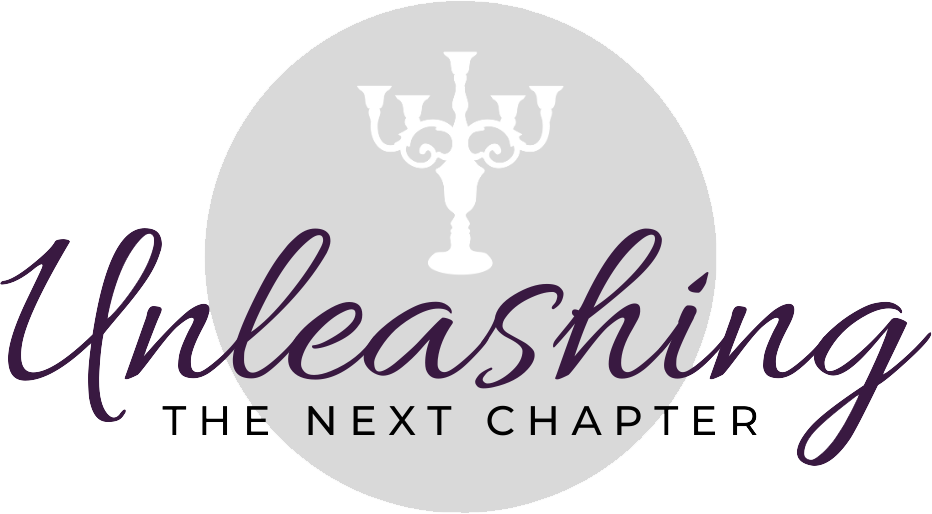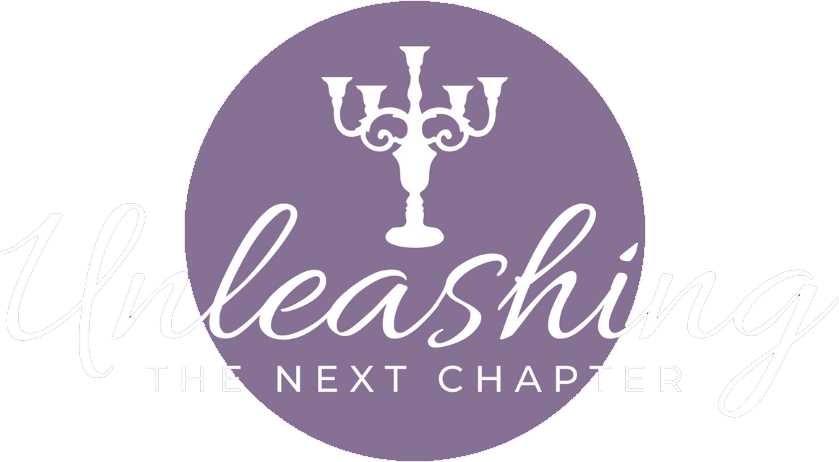Can you think of any aspect of life that wouldn’t benefit from some intentional thought, planning, or reflection? I can’t either. That’s probably why you know successful doctors, teachers, entrepreneurs, coaches, creatives, scientists, friends, and family who are committed journal writers. Just in case you haven’t seen the research and articles about the benefits of keeping a journal, I’ll link some of my recent favorites here:
- Harvard Business Review, “The More Senior Your Job Title, the More You Need to Keep a Journal”
- Positive Writer, “Journaling Can Be A Life Changing Tool”
- Thrive Global, “The Life-Changing Habit of Journaling (Why Einstein, Leonardo daVinci, and many more great minds recommend it)”
 There are just as many ways of keeping a journal as there are ways to create art or raise children. It all depends on your personality, purpose, and time committed. There is no right or wrong way to journal, and you are free to change your style or time commitment as needed.
There are just as many ways of keeping a journal as there are ways to create art or raise children. It all depends on your personality, purpose, and time committed. There is no right or wrong way to journal, and you are free to change your style or time commitment as needed.
-
- My grandfather, a retired mechanical engineer, kept one of those little five-year notebooks with the tiny useless lock and key that you see at any store. Each evening he recorded on those few little lines the weather, the highlight of his day, and what he had learned that day. Even in his 90s he saw the importance of learning something new every day.
- Gratitude journals include things you are grateful for.
- Memoir style journals record the family and current events with hopes of children and grandchildren one day appreciating the stories.
- Creative people as well as scientists keep journals to record their ideas, observations, and experiments. The best example of this might be the notebooks of Leonardo daVinci, as explained in How to Think Like Leonardo daVinci by Michael Gelb.
- Professionals often keep records of business ideas, market research, project plans, interactions with colleagues, project post-mortems.
- A dream journal to record what your subconscious is telling you or trying to teach you.
- Family journals might be left out on the kitchen table for all family members to record the days highs and lows, things they want to share with everyone, or to take turns keeping up the family story.
- You can check #3Pages, #MorningPages, or #ArtistsWay to learn more about the morning brain dump, affirmation, and planning notebooks promoted by Julia Cameron in her book The Artist’s Way.
- Spiritual or Prayer journals are often kept to record impressions and lessons from devotional reading, prayer, or meditation.
- Length of entries can be three lines/five minutes or three pages/forty-five minutes. Some write daily, off and on throughout the day, weekly, monthly, or for certain seasons of life such as expecting a baby, a travel journal, or to process a change or loss.
“Keep a notebook. Travel with it, eat with it, sleep with it. Slap into it every stray thought that flutters up into your brain. Cheap paper is less perishable than gray matter. And lead pencil markings endure longer than memory.” ~~Jack London
For the past seven years, I have journaled daily using a combination of all of the above in a three-page, college-rule, spiral notebook format. I write my highs and lows of my life, record special events of our family, document dreams, whine about my health, list what I’m grateful for, describe my surroundings, plan story plots and character bios, brain dump, prioritize action items, write out prayers, review books/blogs/podcasts, and document the weather and how it affects my health. For the past month, I’ve kept my notebook by my bed, and started writing upon waking—often before finding my glasses or having both eyes fully open. I’m a hard core night owl (or “wolf” if you follow Michael Breus, PhD as he outlines in The Power of When), so have been shocked by the deep thoughts and creative ideas that pour out of me.
My son’s girlfriend posted a picture on Facebook of a prepared journal which had a different writing prompt on each page. In the comments, my son had written “Don’t buy it! Mom can make you something better.” I looked at the journal, and its proud list price, and agreed with my son. After more than thirty years of keeping a journal, and a number of years creating writing prompts for my students, I’m pretty efficient at coming up with topics.
The teacher in me, however, would rather teach you how to come up with your own topics. It doesn’t matter if you journal with words or images, longhand or digitally, in a secret diary or online blog, if you make entries daily, weekly, or sporadically, if you have a set theme or wait for inspiration… at some point everyone finds the creative well momentarily dry. Usually one of the following general ideas will prime the pump and start your own creativity flowing again. Use these to create your own prompts for journaling or blogging.
- Images/Descriptions—what do you see?
- Favorite photo, artwork, your surroundings, last night’s dream, your happy place, your pet, people watching, etc. Use more than your sense of sight. How does the image make you feel, what ideas does it inspire, is there a smell or sound involved? For more fun and creativity, describe your surroundings from your pet’s perspective.
- Lists—creating lists for their own sake is fun, but using your list as a prompt on another day lets it serve double duty:
- Bucket list, 50 things before 50, etc.
- ABC game/A-Z challenge…instead of numbering the lines of the page, assign an alphabet letter, then write the first five words you can think of for each letter. Later you can use these words as prompts.
- When I’m in need of an attitude adjustment, listing what I’m grateful for or counting my blessings usually does the trick. I can include as little or as much detail as time and attitude allow. (I usually find I start with generic standard items, but as I realize the many things I have to be thankful for, my list becomes more specific and detailed.)
- Three things I learned today…
- On this date in history…You can quickly google what happened in history, or that it’s national pi day, or remember that your baby was born, or that your family moved across country, or something worth remembering and commenting on. My dad passed a number of years ago, and on his birthday I often journal a fond memory or lesson he taught me. I love British history and literature, and will fall back on those events when I need inspiration. If you didn’t keep a journal ten or twenty years ago, perhaps you can write about where you were or what you were doing then.
- Quotes: Look up quotes by your favorite historical-, religious-, political-, business-person, etc., and comment on how true or false that quote has been in your life, what it reminds you of, or how you can apply it moving forward.
- Reading journal (you are reading, aren’t you?). What are you reading (or listening to—podcast, music, etc,) why did you chose it, do you like it or hate it and why, any sentences jump out, any new thoughts you want to consider further or applications you want to experiment with, would you recommend it to anyone else?
- Current events: what is happening that you are following and thinking about? Who’s doing what that will affect life as we know it? How did you feel about the election, a new invention or medical breakthrough, the top-trending story on social media, fashion, celebrity news…whatever your interests are, record your impressions of those events.
- Hobbies: what do you love doing in your free time? If you had the time and money, what would you love to do? What are you learning about? Why is this important to you? If an alien showed up next to you, how would you explain your passion for this pastime? Do you dream of turning this passion into a career? Why? How might you go about it? What’s stopping you?
- Favorites… meals, people, movies, places, books, fantasies, music, etc., etc., etc.
One of my favorite experiences, which never failed to amaze me, was giving the exact same prompt to all 150 of my senior English students, and every piece of writing or drawing turned in would be as different and individual as the students themselves. I also noticed that I could give the same prompt to the same students in different grading periods or semesters and the individual would turn in very different responses. Try giving yourself the same prompt every Monday for a couple months just to see what happens. Or use the same prompt every day for a week, but challenge yourself to freewrite on day one, write a piece of flash fiction on day two, create visual art on day three, write a poem or song lyric on day four, and a childhood memory or memoir piece on day five. Then analyze your results and what you learned from the experiment on day six.
If you have any favorite techniques you fall back on when you aren’t sure what to write, please share in the comments. If you keep a journal, I’m curious to know what format you use.




This is a wonderful list; I’m just now delving back into my ancient journals. There are patterns to when I do and do not maintain them.
Thank you. I’m glad you found the list useful, and that you are returning to journaling. I’m also intrigued by when people choose to journal or stop journaling. Good luck.
That’s kind–much appreciated.